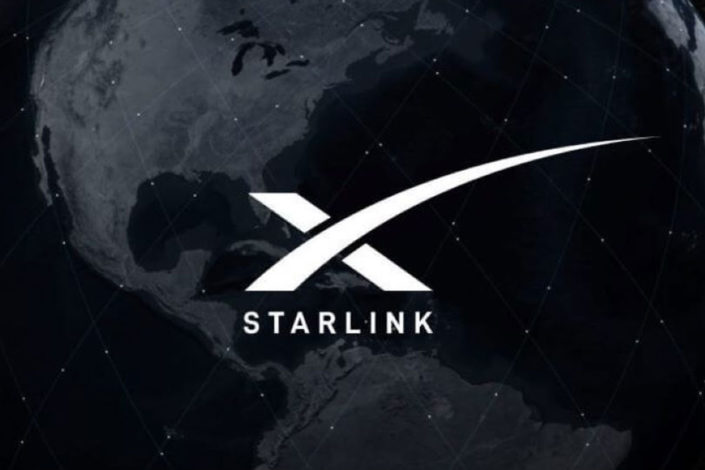Case Study
Tape Ark was approached in 2024 to ingest numerous LTO tapes and external hard disk drives for a large Australian energy company. The drives contained a large seismic survey collection that the company needed to archive and also share with joint venture partners located around the world. Data sharing is a common need in the energy industry yet it is still largely performed via sneakernet (couriers, vans on the road and aircraft). This customer chose to adopt a cloud-first approach and benefit from the secure, rapid and global data sharing capabilities available with Amazon Web Services (AWS) cloud platform. Tape Ark can restore data from all forms of tapes, hard disks, memory sticks, servers, Data Domain and NetApp appliances, and can move the data at speeds that outstrip the common courier. Together, AWS and Tape Ark were well positioned to enable this customer to preserve and share their valuable data.
The Problem
The energy company, based in Australia, was performing reprocessing work in the USA for one of its surveys. The data is highly sensitive and valuable to the customer, costing them over USD $20million to acquire. With only one physical copy of the data available, the risk of shipping these tapes to the USA was considered far too high. The customer considered creating a second physical copy but felt that this would be time consuming and unnecessary given the secure and reliable storage available on AWS Cloud. The customer needed rapid access to their tape archives and the flexibility to securely share their data globally. Tape Ark’s proprietary technology stack allows for rapid migration of data to the cloud at scale – the perfect solution to this customer’s problem.
The Solution
This project was completed using our standard restore procedure, or our Tape Ark Mass Ingest Workflow. The data was ingested to the customer’s AWS account and pushed to S3 Glacier Deep Archive for long term preservation. A copy of S3 Browser was made available for data searching and sharing through Amazon S3. This allowed the partner located in the USA to access the data immediately.
The key steps in the process are as per below;
Tape Cataloguing – Tape Ark received the tapes at its Mass Ingest Facility in Perth. Upon receipt of the archive, a media audit was performed which included photographing each tape, reading RFID data chips, and applying a supplier QR code. This created a detailed catalogue of tapes and hard drives for quick retrieval, should they be needed mid-project, minimising disruption to the company’s operations. The audit also provided crucial information regarding tape contents and data volumes for migration planning and cost prediction.
Data Extraction – Data was extracted from the tapes and each file interrogated to ensure it was fully extracted. Each file underwent a complex restore process and detailed metadata was generated including media information and checksumming, for a central database.
Data Upload – The data was securely uploaded to the customer’s Amazon Simple Storage Service (S3) bucket and pushed to S3 Glacier Deep Archive. Given the urgency of the project, the Tape Ark team utilized the custom-built uploader which accommodates a wide variation in file sizes and ensures maximum throughput at all times to deliver a fast and efficient data migration.
The Outcome
The outcome for the customer was a cloud-based digital copy of their data in native format, ready for use in modern exploration applications. The customer and their partners could search and access their content at the click of a button, from anywhere in the world. The customer was very happy with the level of service and the speed of data migration achieved by the Tape Ark team.






